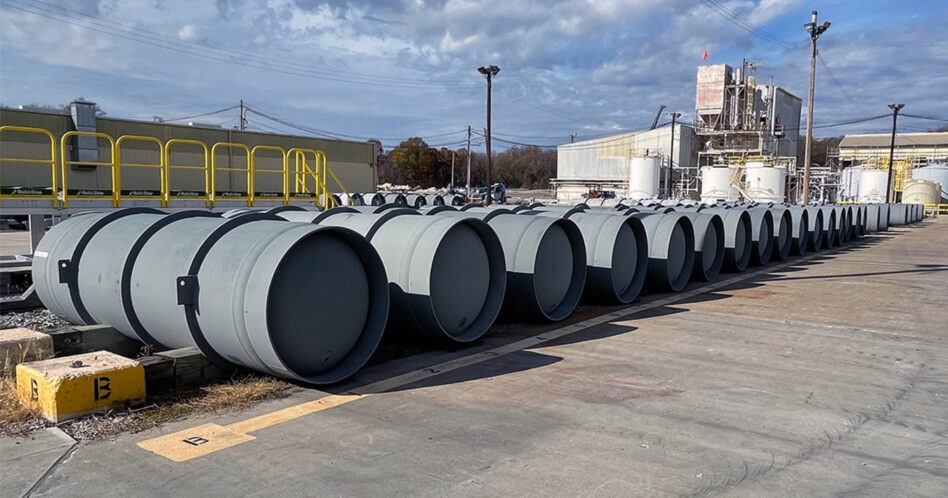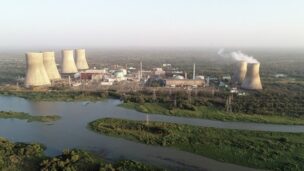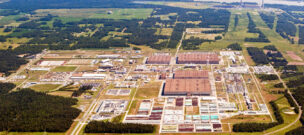The US is gearing up for another nuclear revolution, but there are a few snags in those plans. Over the last year, concerns have been rising over the continued availability of uranium to power the existing and future fleets of American reactors, and the DOE has been working to ensure that the domestic supply chain is ready when needed.
To that end, the Energy Department this week announced the six companies from which it will source low-enriched uranium (LEU) through a $3.4B pool of funding. Each company will receive a minimum of $2M, and from there, they’re left to compete.
The six recipients of the DOE’s favor are…
- American Centrifuge Operating
- General Matter
- Global Laser Enrichment
- Louisiana Energy Services
- Laser Isotope Separation Technologies
- Orano Federal Services
With the exceptions of Global Laser Enrichment and Laser Isotope Separation Technologies, these companies were also selected for high-assay low-enriched uranium (HALEU) enrichment contracts worth up to $2.7B in October.
The state of play: It’s been about seven months since Congress passed its official ban on imports of Russian uranium. This was a long time coming—Russia’s 2022 invasion of Ukraine set off embargoes on most Russian imports, save for those most important to American national security.
- Uranium fit that bill. As of 2024, 12% of US uranium ore and 24% of enriched uranium imports came from Russia.
- US nuclear operators needed a plan for weaning off Russian fuel supply, necessitating a stronger domestic and friendly supply chain for enriched uranium. Waivers for Russian imports are available, but a full ban will begin in 2027.
- The ban freed up $2.7B in federal funding for domestic HALEU production.
What now? The companies selected for the LEU production contracts are at various stages of readiness to supply fuel and sate the American appetite. Louisiana Energy Services’ parent company, Urenco, for example, currently supplies about a third of US-produced LEU, while General Matter—also selected for both the HALEU and LEU supply teams—is a new venture without active enrichment operations.
The selected companies will now set to work preparing for the future of enriched uranium demand. Each DOE fuel contract will last up to 10 years.
Lead Reporter of Ignition





